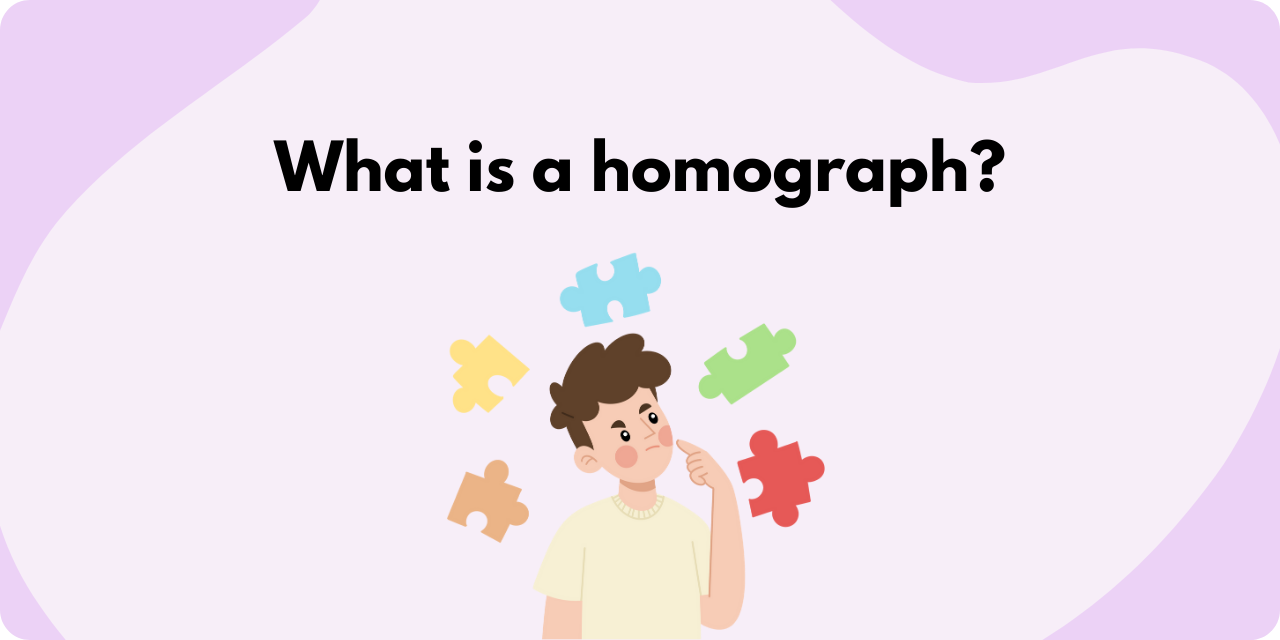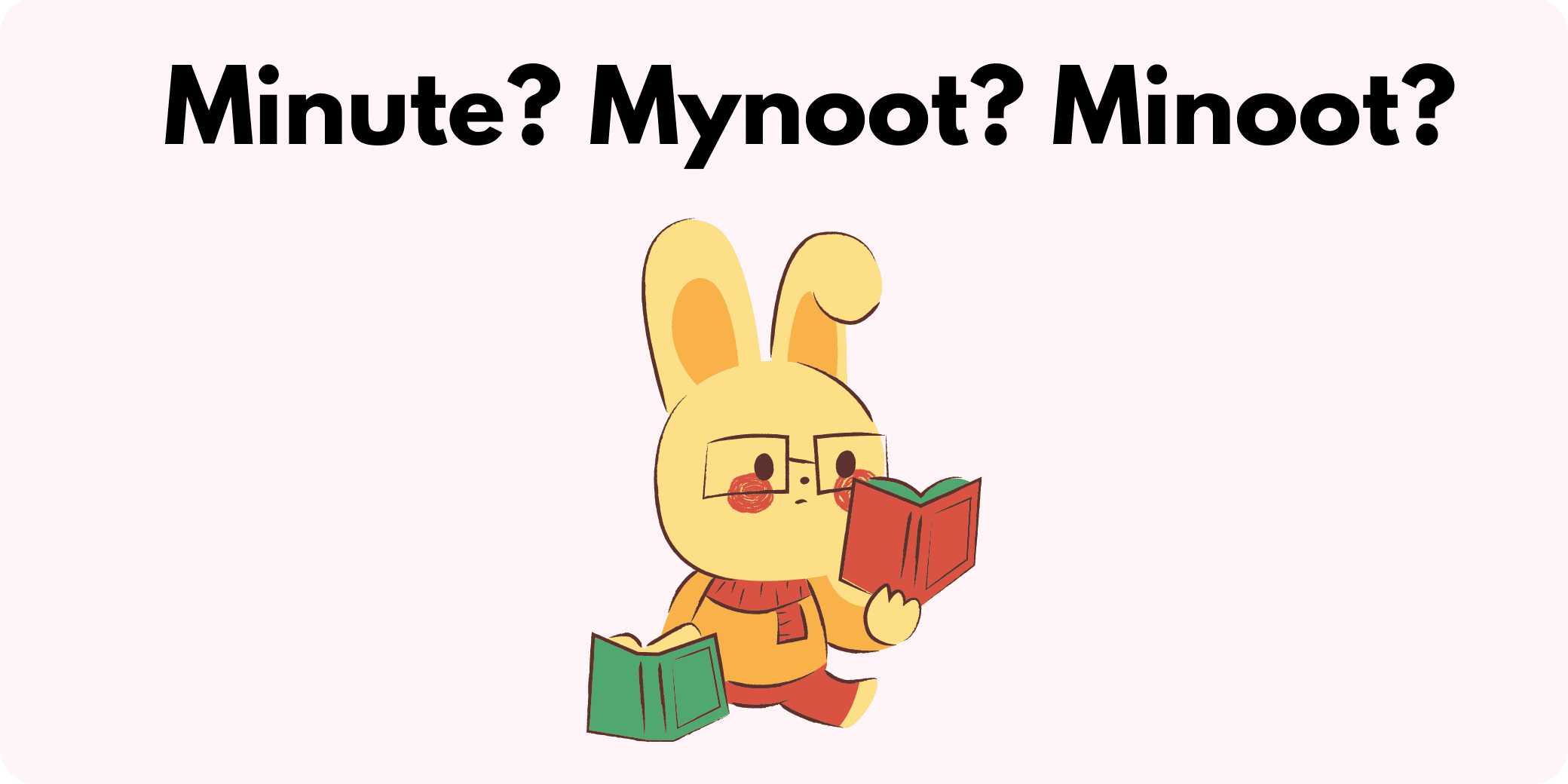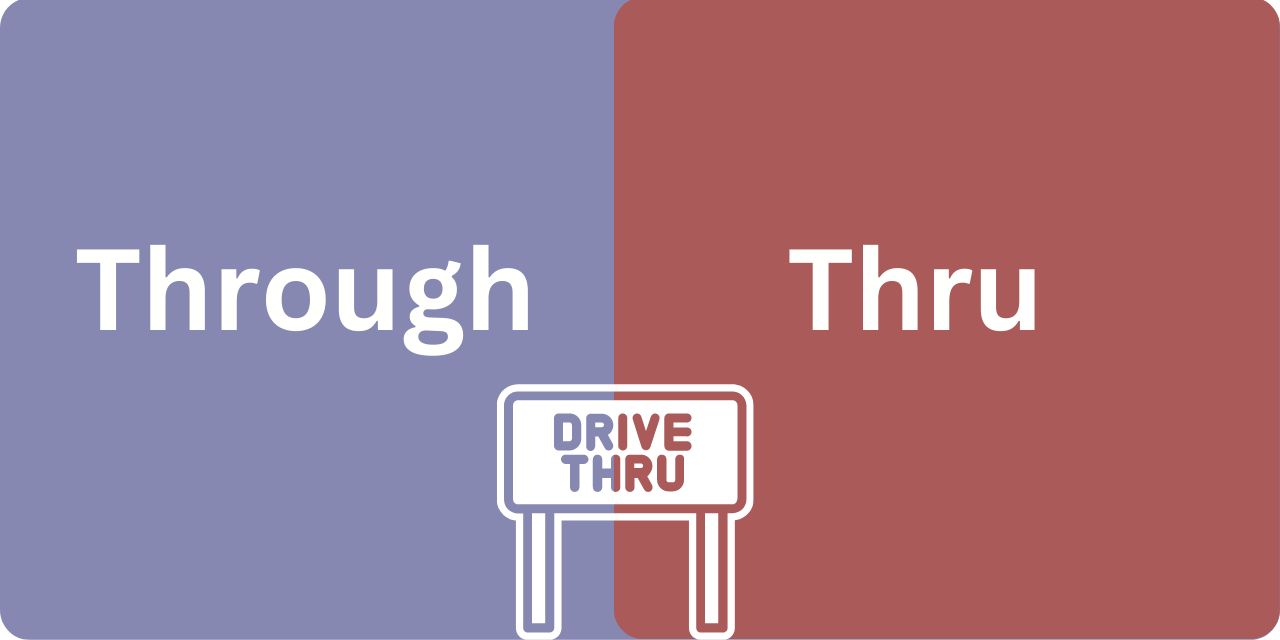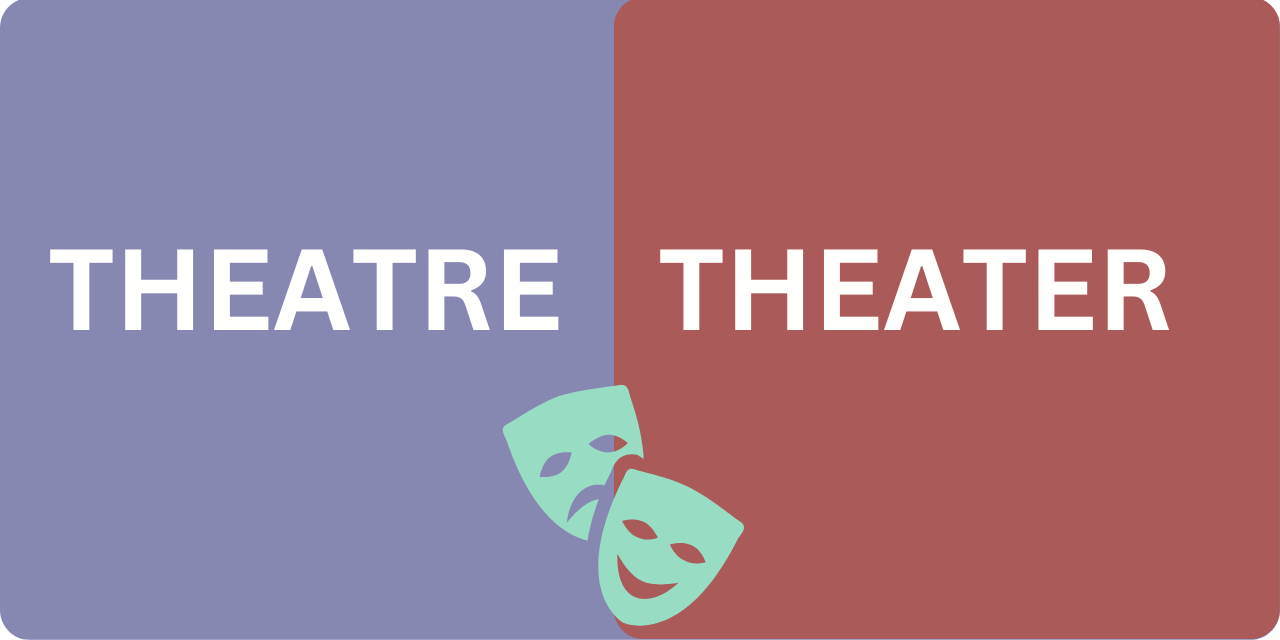There’s no doubt that spelling can be tricky in the English language, especially when more than one option is considered correct. In the case of “benefited” or “benefitted,” how do you know which version is correct? Why do some people use one T and others use the double T?
What’s the Difference Between Benefitted and Benefited?
The simple answer is that the only real difference between benefitted and benefited is one version has an extra T. Both spellings are technically correct and you wouldn’t be wrong to use one over the other. But why are there two ways to spell this word in the first place? Let’s take a look at where the double T version comes from (benefitted).
When changing a one-syllable verb to past tense, grammar rules say to duplicate the ending consonant for verbs that use a pattern of consonant, vowel, consenant. Benefit ends in F-I-T, which fits perfectly into this rule. The problem is that this particular rule applies to verbs with only one syllable, and benefit actually has three. How do we end up with a double T?
If the verb has two syllables or more, the final consonant is duplicated only if that final consonant also contains what is called a stressed syllable. A stressed syllable is what happens when we put special emphasis or prominence to a syllable relative to the rest of the word. (Say “amended” out loud, and you’ll notice that the way we say it puts stress on the second syllable: a-MEN-ded.) So where is the stressed syllable in benefit?
There’s some division over whether the ending F-I-T is truly stressed in American English (and that debate gets even more complicated when compared to British English). Some people think that the last syllable isn’t stressed, and would therefore be “benefitted” when the verb is in the past tense. In fact, spelling benefited with only one T is the most popular spelling in the U.S.
Conversely, some people think that there is a secondary stress on the F-I-T, which opens the door just wide enough for an extra T to sneak in. It certainly doesn’t help that changing “fit” to “fitted” uses two T’s. The similarity alone is enough for even native English speakers to forget about grammar rules and automatically apply that second T to create benefitted.
Examples of How Benefited and Benefitted Are Used
American English prefers “benefited,” but British English prefers “benefitted.” Let’s see a few examples of what this looks like from the American perspective and the British perspective.
American English
- Susan benefited from having an extra day to study for her exam.
- “I really could have benefited from knowing this information sooner,” he said.
- Native Americans certainly did not benefit from the discovery of America, while explorers and navigators benefitted plenty.
- There is heightened media and public interest in issues such as climate change and the Green New Deal – issues where the big three parties are way behind the Greens – and the party has benefited from the decline of Labour and the Lib Dems in the polls since 2004. – The Guardian
British English
- “I’ve definitely benefitted from renting my flat out,” John said. “It’s been a great way to make extra money!”
- My niece has clearly not benefitted from having a tutor, since she’s still getting C’s in all of her classes.
- Jesse and Lauren won’t stop arguing over whether the UK truly has benefitted from Brexit.
- The results were obviously very good for the big miners and very bad for Australian citizens and the vast majority of non-mining businesses that would have benefitted from the reform. – The Economist
Although the U.S. prefers spelling benefited with one T, you can still get away with using two T’s without much pushback. Of course, if you are writing professionally, it is always a good idea to consult with your style guide and dictionary of choice. Who knows, one day we could see “benefited” and “benefitted” side by side in every dictionary!






